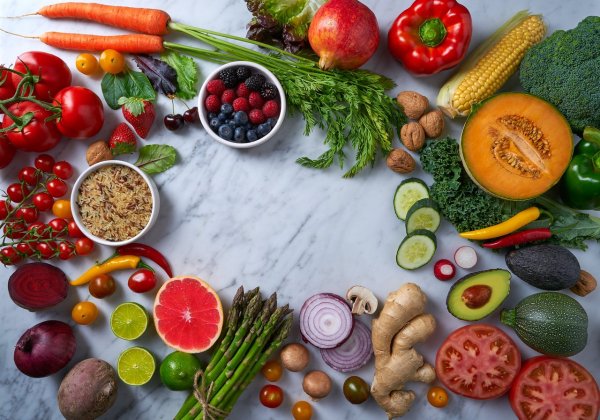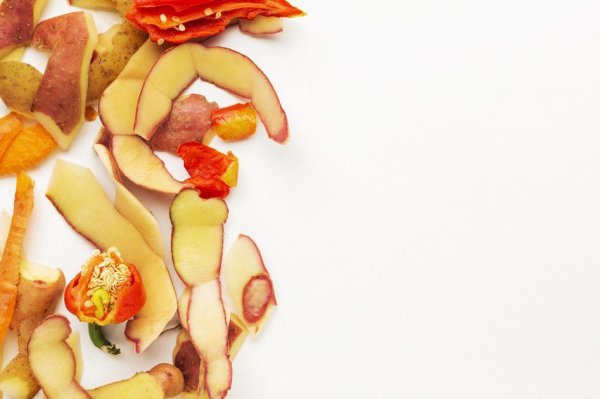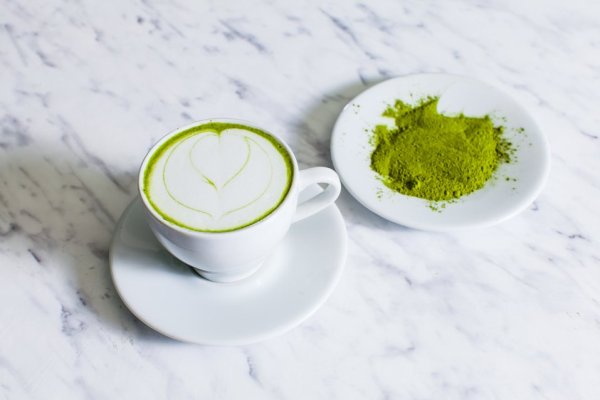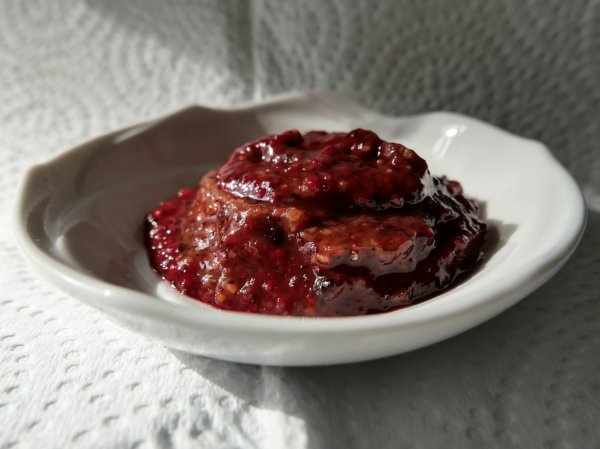Eat blueberries to prevent dementia! It is easy to get mold when washed when you buy it home. Experts treat it correctly and extend the shelf life

The more people are dementia, what kind of diet can promote brain health? Nutritionists suggest that eating a small handful of blueberries a day can help reduce dementia risks. However, to eat the most nutritious blueberries, it must be cleaned and preserved correctly. If not properly treated, it can easily lead to the blueberries becoming moldy, losing freshness and losing nutrients.
Why does eating blueberries help reduce dementia risks?As people enter high-altitude societies, the number of people suffering from dementia is increasing year by year. What diets do many people care about can promote brain health? According to the advice of "Eating Well", nutritionists, you might as well eat more "blue berry" rich in anthocyanins. Blueberries are not only a bite on breakfast cubes, but also a super food for brain health care, which helps reduce dementia risks.
Blueberries are rich in polyphenols, and polyphenols are related to improving blood flow in the brain. There is a very powerful polyphenol "anthocyanins" in blueberries. Research shows that anthocyanins can promote the production of nitric oxide (NO) in humans. Nitric oxide is a compound that relaxes and opens blood vessels. It can increase blood flow to the brain, thereby enhancing cognitive function and improving memory, especially for middle-aged and elderly people.
According to the results of a large study, the high intake of blueberries (or strawberries) is related to the slower decline in awareness among the elderly, which has been postponed by about 2.5 years. In another small study, middle-aged people with dementia risk eat about half a cup of blueberries a day for 12 weeks, including memory, planning, problem solving and reasoning, which will prevent a decline in cognitive ability.
Blueberry protects the brain, protects the heart, and maintains the balance of the kidney tractEating more blueberries is not only beneficial to brain health, but also has high antioxidant properties that can eliminate "free radicals" that can damage nerves and reduce inflammatory reactions. These factors are closely related to neurodegenerative diseases such as Alzheimer's disease and Parkinson's disease.
Blueberry is also helpful for cardiovascular and charitable health. Research shows that dietary ketones in blueberries are related to reduced risk of heart disease, type 2 diabetes, cancer and neurodegenerative diseases.
Blueberries also have rich dietary fibers, which helps the balance of kidney bacteria and health of the kidney wall. The brain and brain are connected through the "bone and brain axle". A good brain tract environment can improve cognitive performance and stability.
Eat blueberry 4 health benefits1. Promote brain blood flow, improve cognitive function, and reduce cognitive degeneration
2. High antioxidant and anti-inflammatory properties fight brain aging
3. Reduce the risk of chronic diseases such as heart disease and type 2 diabetes
4. Dietary stamina balances the kidney tract, improve cognitive performance, and stabilize the mood
Don't buy blueberry and wash it immediately Correctly clean and preserve to extend the freshnessAlthough eating blueberries is much better, if the blueberries are not treated properly, it is easy to become fat, moldy, and lose freshness and nutrients. "Daily Meal" teaches you the correct way to clean and preserve blueberries.
Many people clean blueberries immediately after buying them home. In fact, this is an incorrect approach. If you wash first and store it in the refrigerator, the blueberry will easily accelerate the corrosion if it is exposed to moisture too early. The correct way is to "wait until you want to eat" and wash as much as you eat, which will best extend the time of freshness.
There are also many people who wash fruits with vinegar or sausage, but in fact, the best tool for washing fruits and vegetables is water, and the same is true for blueberries. The best way to clean blueberries is to wash them lightly with cold water; if you wash them with cleaners, fruits, vinegar, or sausage, it may not only destroy the taste, but may also affect the fruit's natural protection layer. The blueberry has a layer of white powdery "fruit powder" on the surface, which can prevent the fruit from becoming muddy and growing too early, and lock the moisture to prolong the shelf life. This layer of white powder is harmless and safe to eat, but it will fall off naturally during cleaning without special force.
If the washed blueberries are still uneasy to finish, they must be put back in the refrigerator. Remember to put a layer of kitchen paper towel on the bottom of the plate to absorb water and place it in the coldest place in the refrigerator. If you finish it as soon as possible, it will not be easy to get moldy.
To prevent dementia, you should be more carefulI would like to remind everyone that eating more blueberries can prevent dementia. To prevent dementia, you should still use other healthy eating methods such as Mediterranean and Made. You should also have sufficient sleep and brain-stimulating activities, and participate in socializing more to help delay dementia.
is forgetful or dementia? Test now ➤














